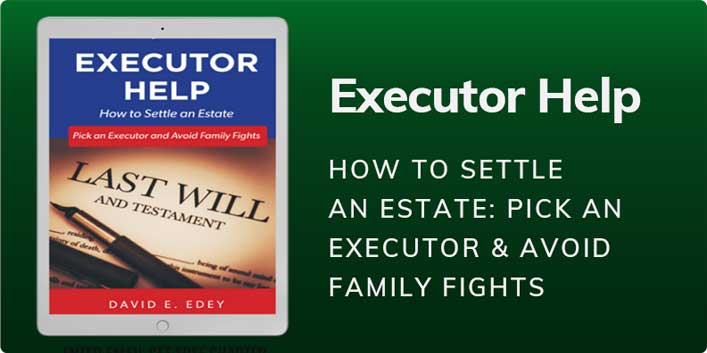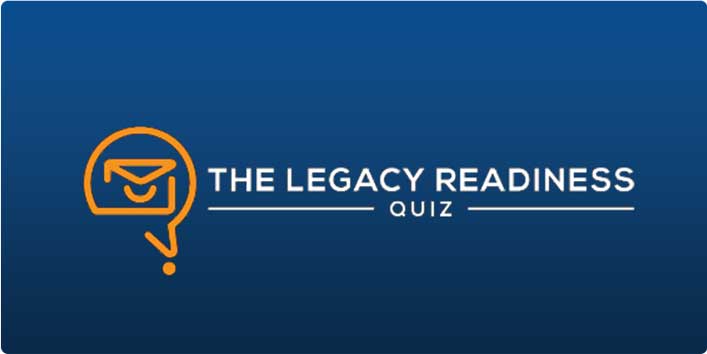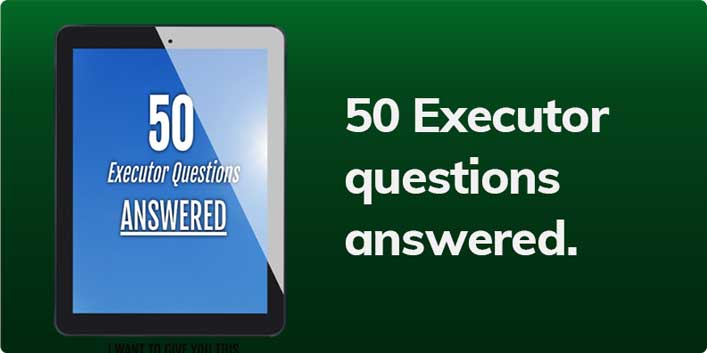- Home
- Becoming executor of estate
- Rights of an Executor of an Estate
The Rights of an Executor of an Estate Explained
There is a lot of confusion as to what are the rights of an executor of an estate. By the end of reading this post, you will have an understanding of what you can and what you cannot do.
As executor you have the right to take possession of the deceased person's property and safeguard it until it is distributed to the beneficiaries.
The executor must ensure that all assets are managed properly, which may involve selling property or making investments.
The executor is responsible for keeping accurate records of all estate transactions and must distribute the assets to the beneficiaries according to the will or state law.
The Right to Manage Debts
The executor must identify and locate all debts of the deceased.
The executor must notify creditors of the death and ensure that all debts are paid before distributing the assets.
The executor may have to sell assets to pay debts, but must ensure that the beneficiaries receive their share of the assets.
The Right to Distribute Assets
The executor must distribute assets to the beneficiaries according to the will or state law.
The executor must ensure that beneficiaries receive their rightful share of the assets, including any income generated by the assets.
The executor must keep accurate records of all distributions and transactions.
What are the Responsibilities of an Executor?
Keep an Inventory and Appraisal of Assets
The executor must locate and inventory all assets of the estate.
The executor must determine the value of all assets, which may involve hiring appraisers or other professionals.
Sarah's aunt named her as the executor of her estate, but did not provide any specific instructions or guidelines for managing the assets.
Sarah was unsure of what her responsibilities were and how to properly manage the estate. She reached out to a financial advisor, accountant and an estate planning attorney for guidance.
With their help, Sarah was able to inventory the assets, pay off the debts, and distribute the remaining assets to the beneficiaries.
She also gained a better understanding of her rights and responsibilities as an executor.

What are the Responsibilities and the Rights of an Executor of an Estate?
The executor must keep accurate records of all assets and their value.
Pay Debts and Taxes
The executor must identify all debts and taxes of the estate.
The executor must notify creditors of the death and pay all liabilities before distributing assets.
The executor may have to sell assets to pay debts and taxes, but must ensure that beneficiaries receive their rightful share.
Distribute Assets
The executor must distribute assets to the beneficiaries according to the will, province or state law.
The executor must ensure that beneficiaries receive their rightful share of the assets, including any income generated by the assets.
John's father passed away, and he was named as the executor of the estate. John had no prior experience with managing an estate, but he knew he had a responsibility to manage his father's assets and debts. He hired an attorney to help him navigate the legal requirements and ensure that he was fulfilling his duties as executor. With the attorney's guidance, John was able to locate all of his father's assets, pay off his debts, and distribute the remaining assets to the beneficiaries according to the will.

5 Frequently Asked Questions About the Rights of an Executor of an Estate
What is an executor of an estate?
An executor is a person appointed in a will to manage the assets of a deceased person's estate. The executor's responsibilities include paying off debts, managing the assets, and distributing them to the beneficiaries according to the terms of the will.
What are the rights of an executor of an estate?
The executor has the right to manage the assets of the estate, access the deceased person's bank accounts, sell or transfer property, and pay off any debts owed by the estate. They are also entitled to receive compensation for their services.
What are the responsibilities of an executor of an estate?
The executor is responsible for managing the assets of the estate, paying off debts and taxes, distributing the assets to the beneficiaries, and filing the necessary legal paperwork. They must also act in the best interests of the beneficiaries and follow the terms of the will.
What happens if there is no will or executor named?
If there is no will or executor named, the court will appoint an administrator to manage the estate. The administrator will have similar responsibilities to an executor, but will not have any specific instructions or guidelines to follow.
Can an executor be removed or replaced?
In some cases, an executor may be removed or replaced if they are not fulfilling their responsibilities or acting in the best interests of the beneficiaries. This usually requires a court order and can be a complex process.
- Home
- Becoming executor of estate
- Rights of an Executor of an Estate






